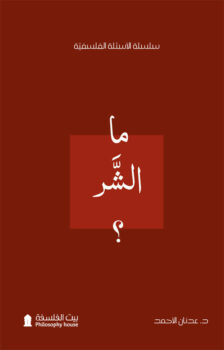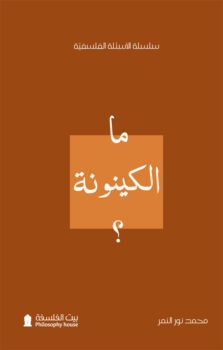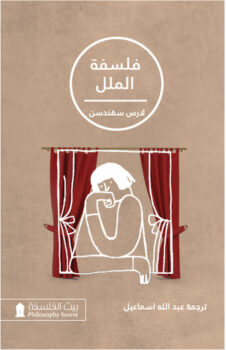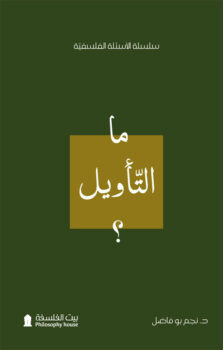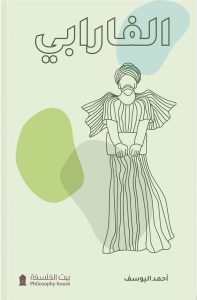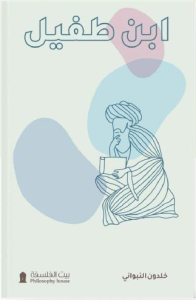Category Archives: eBooks
Alpharabius (Al Farabi), born in 874 AD, was known as the second guru after Aristotle, whom the Arab philosophers referred to as the first. Alpharabius is a prominent figure in history and Arab-Islamic culture, as well as home to various ethics and cultures. Alpharabius is regarded as the founder of Islamic philosophy, and his works have been translated into numerous different languages.
Ibn Tufail, the first to invent the art of the philosophical novel, is the author of Hayy Ibn Yaqzan. In this work, he highlights how a man can instinctively perceive nature and use it to arrive at rational reasoning.
Al-Kindi was born in the year 185AH/801 AD in the city of Kufa and received his scientific and philosophical education in Baghdad. He possessed a had a sharp mind, was an avid reader, and was dedicated to learning. As a result, he became an expert in the fields of literature, language, and religion. Dubbed the philosopher of the Arabs, he was the first among the Arabs to pursue early science. Al-Kindi was tasked with spelling out the works of Greek philosophers, publishing them, and perfecting their translations into Arabic.
Avempace (Ibn Bajja) is an Andalusian philosopher, born in 487 AH/1080 AD in Zaragoza, Andalusia, in northeastern Spain today. In his last twenty years, he worked as a minister and doctor in the Almoravid state and authored 28 books, mostly on astronomy, medicine, mathematics, literature, and music. However, his most famous work on philosophy, Tadbeer Al-Mutawhid (the Handling of the Solitary), is considered a thought-dense book in which Ibn Bajja explains his philosophy in an excellent manner.
Averroes (Ibn Rushd), born in Cordoba in the year 1126 AD, is a judge, physician, and philosopher. He was interested in science, learned jurisprudential sciences from the most influential jurists of his time, and was the author of Kitab Al Kulliyat fi Al-Tibb (The Complete in Medicine). Averroes is regarded as one of philosophy’s loyal defenders and deniers.

